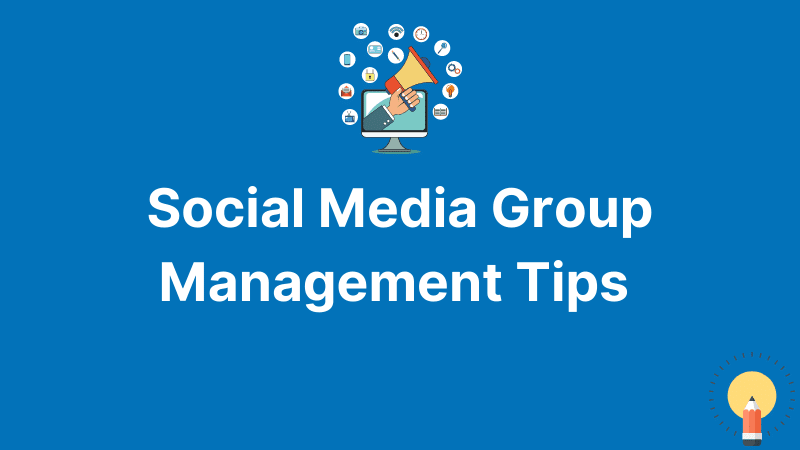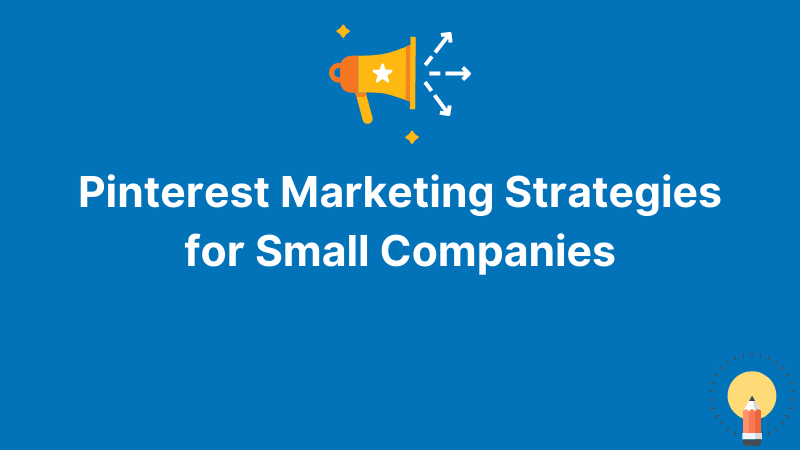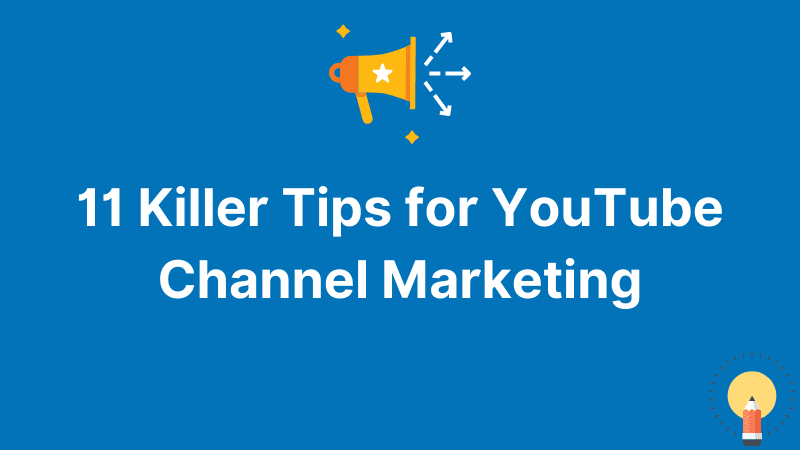Social Media Group Management Tips for Small Business
Social media marketing is much more than simply generating and sharing content. Ultimately, social media is about making connections and developing a feeling of community, which is where community management comes in.
What Is Social Media Community Management?
Community management is sometimes mistaken with social media management, although each plays a unique part in the overall success of your marketing strategy:
1. The goal of social media management is to represent and promote your business.
2. On the other side, social media community management focuses on growing your brand's online community.
3. Community management includes the following tasks:
1. Engaging: Responding to comments and maintaining interactions with existing and potential consumers, as well as influencers and other brand champions.
2. Listening in on discussions concerning and/or connected to your brand.
3. Moderating entails removing and/or managing comments and dialogues that may be detrimental or unrelated to your brand. Responding to negative comments and concerns may also be included.
4. Tracking: Monitoring and analyzing terms used in brand-related interactions, as well as audience attitude.
4 Social Media Community Management Suggestions for Your Company
1. PROACTIVELY ENGAGE AND RESPOND WITH YOUR AUDIENCES
When it comes to audience engagement, two factors come into play: being proactive and being timely.
Make checking comments and responding in a timely manner a part of your everyday activities as a community manager. In addition, make an effort to listen in on discussions and mentions of your business that occur outside of your immediate group. This provides you with additional information about how individuals, even non-followers, feel and think about your brand.
Social listening platforms like Sprout Social, Buffer, and Hootsuite might help you automate this stage.
2. REGULARLY MODERATE COMMENTS
Another important job of community managers is comment moderation. Check your comments on a regular basis to remove spam-like remarks and to remove/block bot and false accounts.
Leaving spam comments on your social media accounts unchecked may create the appearance that you don't care, which might affect your brand's image. Worse, if these comments include dangerous links, any negative interactions may be traced back to you. Furthermore, online trolls may distort your brand message and the discussions around it.
The good news is that most popular social media platforms, such as Facebook's Comment Moderation Plugin and Instagram's API for Comment Moderation, include built-in content moderation features.
3. PROMPTLY RESPOND TO CUSTOMER COMPLAINTS
Social media has turned into a medium for consumer customer care. How and when you react to client concerns and unfavorable social media reviews may make or break your brand's reputation.
The idea here is to respond as soon as possible. If resources allow, it's best to reply to complaints within an hour, since 72% of social media users anticipate it. If not, ensure that you react no later than a day after the remark was posted.
Some Important Post:
It is crucial to emphasize, however, that not every negative input requires a response. Spam or fraudulent reviews should be avoided, which brings us back to our earlier point about routinely reviewing your social network profiles.
Furthermore, for really upset consumers or difficulties needing sensitive information from the client, the ideal way is to recognize publicly while resolving the concerns privately.
4. CLOSELY WORK WITH THE SOCIAL MEDIA MANAGERS
Keep in mind that social media and community management are collaborative endeavors.
As a community manager, you will have more opportunity to learn about your audience's interests and problems since you will connect with them on a regular basis. Keep track of and monitor the answers you get from your audience. Take notice of the terms they employ, as well as how they feel about your business in general.
This allows you and your team to fine-tune your social media strategy and alter your techniques as needed.
5. Be Polite and Charming
What goes around comes around again. You may have come across examples of both firms being nice in response to consumer evaluations or remarks, as well as cases of them being unpleasant. The former solely serves to improve a company's reputation and grow the number of followers, whilst the latter serves no purpose and may cost businesses time and money to help repair their image. As a result, you must guarantee that you interact with others respectfully, and they will reciprocate.
Polite involvement will boost the likelihood of individuals loving, sharing, and recommending your company to others. Finding something to write and tweet about might be one of the most difficult problems. One effective approach to avoid this is to use social media management software that will give you email notifications anytime a term you choose is posted online. This allows you to leave a remark or directly thank the user or agency that has assisted you in promoting your keywords online. This will aid in the promotion of effective social media management.
Another excellent resource would be websites that give regular feeds, allowing you to view all of your favorite blogs in one place. Furthermore, there are additional websites that might recommend unique material that has not yet been seen by your target demographic.
6. Analyze data to find the right quantity
Quality and quantity are equally crucial. To remain current in the ever-changing world of social media, you must be present and endeavor to meet the demands of your target audience. This is particularly true for social media platforms like Twitter. It has been shown that when a corporation published around 30 more tweets than the previous week, the consumer interaction rate jumped by approximately 46 percent. This is advantageous in a number of ways, as it increases website traffic by around 30%, with approximately 60% more hits.
With organic reach decreasing, blogging more often is a popular approach to help your website acquire more hits. Depending on the demand and hot subjects, repeating your material about various sorts of blog articles can help your website acquire the attention it requires. You may share your thoughts and articles depending on the day's trending terms. This will assist you in increasing the engagement rate of your website and generating more followers. However, you should avoid spamming individuals as this will work against you.
7. Provide a personal experience
People are more likely to follow the accounts of companies that assist their clients have a more personalized experience. Any questions or complaints that consumers may have, responding with a human touch will make them feel heard and not handled with by an automated bot. A social media manager may even begin by locating and addressing any dissatisfied consumers.
According to Adobe's 2020 Digital Trends, around 86% of shoppers are willing to spend extra for a superior customer experience. This emphasizes the need of investing more in improving the customer experience. When communicating with consumers, you may utilize a variety of methods; nonetheless, it is critical to respond respectfully even if the client is highly displeased. Having an engaged experience with social media platforms can significantly boost traffic to your website.






